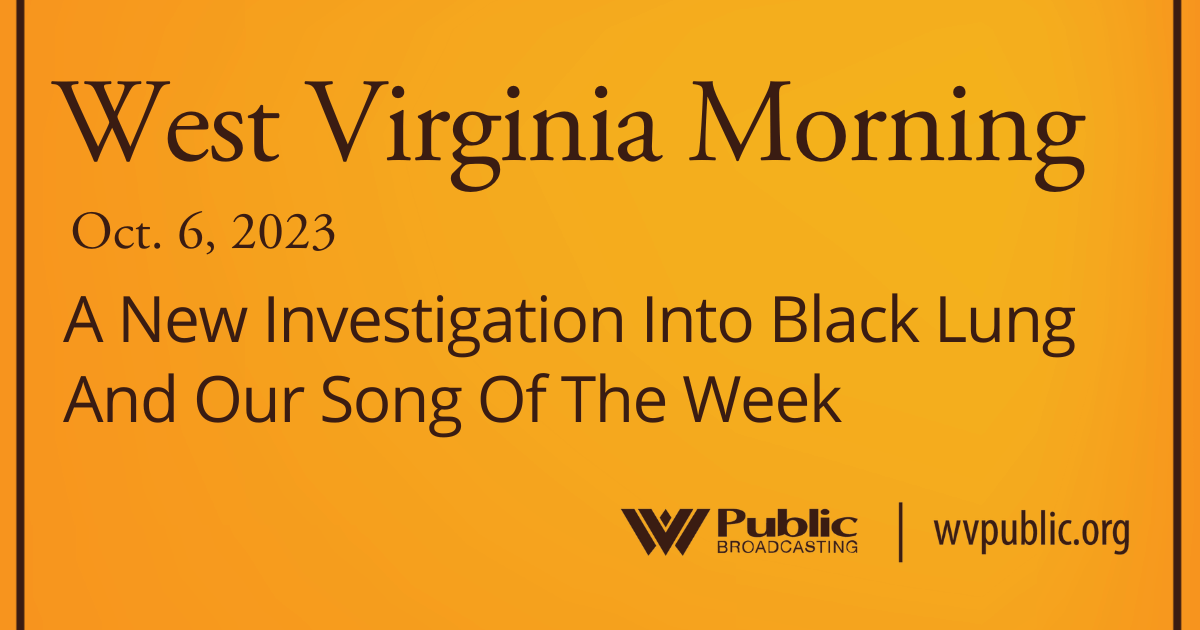A free health fair on Tuesday gave the community of Oak Hill the opportunity to be tested for black lung disease.
The New River Health Association hosted the National Institute of Occupational Safety and Health (NIOSH) mobile health bus to offer free screenings for black lung on Tuesday.
“NIOSH is here doing a free service,” said Lisa Emery, Breathing Center director at the New River Health Association’s Black Lung Clinic. “And we’re really excited because the numbers of black lung are skyrocketing here in Appalachia. So we want to take care of our coal miners.”
In addition, miners had the opportunity to register for state and federal benefits with the assistance of a benefits counselor.
“As far as your benefits go, we’re going to educate you on how to file state claims,” Emery said. “There’s definitely time limits with state claims. And we don’t want you to miss out on any opportunities to file your federal or your state black lung claim.”
According to Emery, one in five coal miners develops complicated pneumoconiosis, and younger coal miners are getting black lung earlier than ever before.
“It’s no longer your grandfather’s disease,” Emery said. “It’s no longer your husband’s disease. It’s your son’s disease, too, because younger and younger coal miners are developing this.”
“We hear a lot about miners who are in their 20s,” said Cindy Whitlock, director of School Health at New River Health Association. “I think the youngest patient we have ever had is 33. And, it’s one of those West Virginia things. It just seems to be pervasive in every family. It doesn’t matter who you talk to, you’ve got somebody in your family that has black lung.”
Whitlock said the convenience of the resources available at the fair could be life-changing for someone with black lung.
“I think having a one-stop easy, you know, come in and when you leave, it’s done,” Whitlock said. “I think that’s very exciting, even though it’s a sad state of affairs to see this many people at these various ages affected by black lung.”
Roger James is a retired coal miner diagnosed with black lung. He does pulmonary rehab at New River Health and said the clinic motivates him to stay active.
“It motivates me to be able to come out and do the exercising that I do, because when you lay around, your body deteriorates quickly,” James said. “So you need to stay active, and when you cannot breathe, it’s hard to stay active because you get frustrated. Really easy. So it means a lot to just be able to get out and do for yourself.”
According to Emery, in total, black lung benefits counselors were able to help 53 miners fill out their federal black lung applications. In addition, NIOSH performed breathing tests and black lung x-rays on 86 miners and New River Health did five breathing tests on patients who came in curious about their breathing and interested in the pulmonary rehab program.
Appalachia Health News is a project of West Virginia Public Broadcasting with support from Charleston Area Medical Center and Marshall Health.
